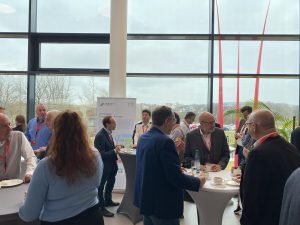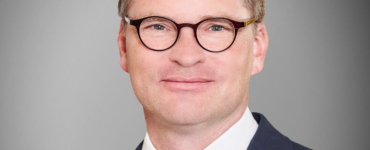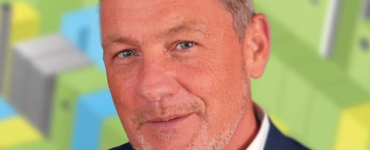By Dr Jörg Schröper
Waste heat utilisation, greater energy efficiency, CO2 reduction: the data centre industry is currently addressing these approaches from various angles. This includes not only economic but also ecological and legal aspects.
It is not only the German Energy Efficiency Act (EnEfG) that has brought electricity consumption and energy recovery back into focus. The data centre industry has been dealing with these approaches for some time now, as they have a direct impact on economic efficiency. As part of the event “Current and Future Energy Storage Technologies for the Data Centre Industry” at the University of Bayreuth campus, over 60 experts discussed these topics via various presentations and workshops. The event, organised by eco – Association of the Internet Industry, the Centre for Energy Technology (ZET) and the Chair of Technical Thermodynamics and Transport Processes at the University of Bayreuth, focused on the urgent need for energy storage systems for the energy transition – with many practical aspects.
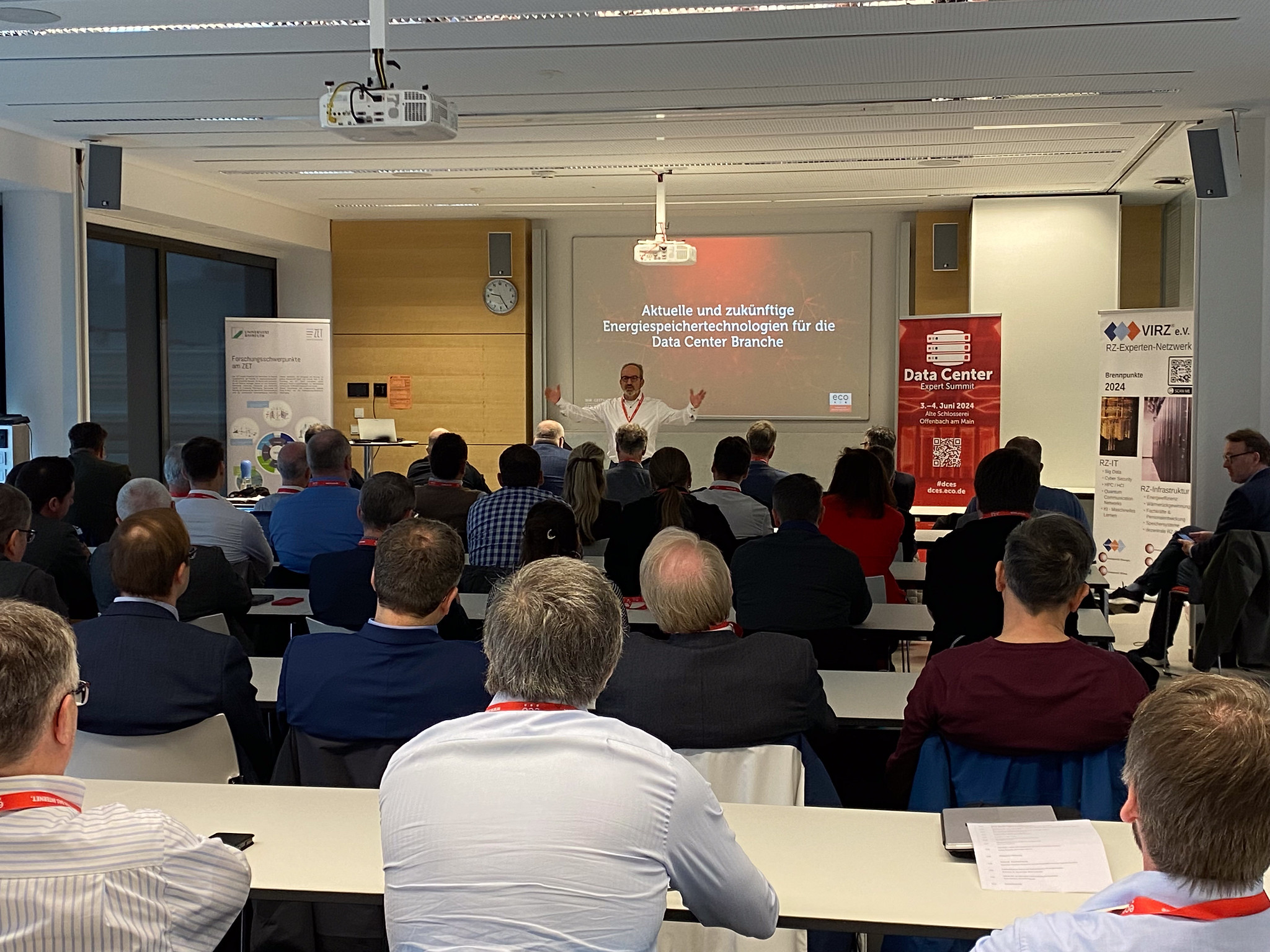
According to Arno Schlicksupp, Managing Director of AS Enterprise Engineering GmbH, concrete projects for the sustainable utilisation of waste heat are urgently needed. Beneficiaries of such measures are not only the data centres themselves, but also the operators of local heating networks and the neighbouring residential areas. A key aspect of sustainable DC operation is the central role played by heat pumps, as presented by Thomas Miksch (lecturer on heat pumps and energy consultant). He emphasised their versatility and showcased sample installations that utilise groundwater or exhaust air from data centres as a heat source.
Artificial intelligence improves cooling efficiency
Sasa Veljokovic from Vistecc highlighted the potential of supercapacitors that could in the future replace batteries in various applications, including data centres. This technology offers chemical-free and durable operation. “The only hurdle at the moment is the price,” as Veljokovic explained. Artur Faust from EkkoSense outlined how machine learning and artificial intelligence can be used to optimise cooling efficiency in data centres. Comprehensive thermal monitoring and data collection enable precise fine-tuning of the data centre.
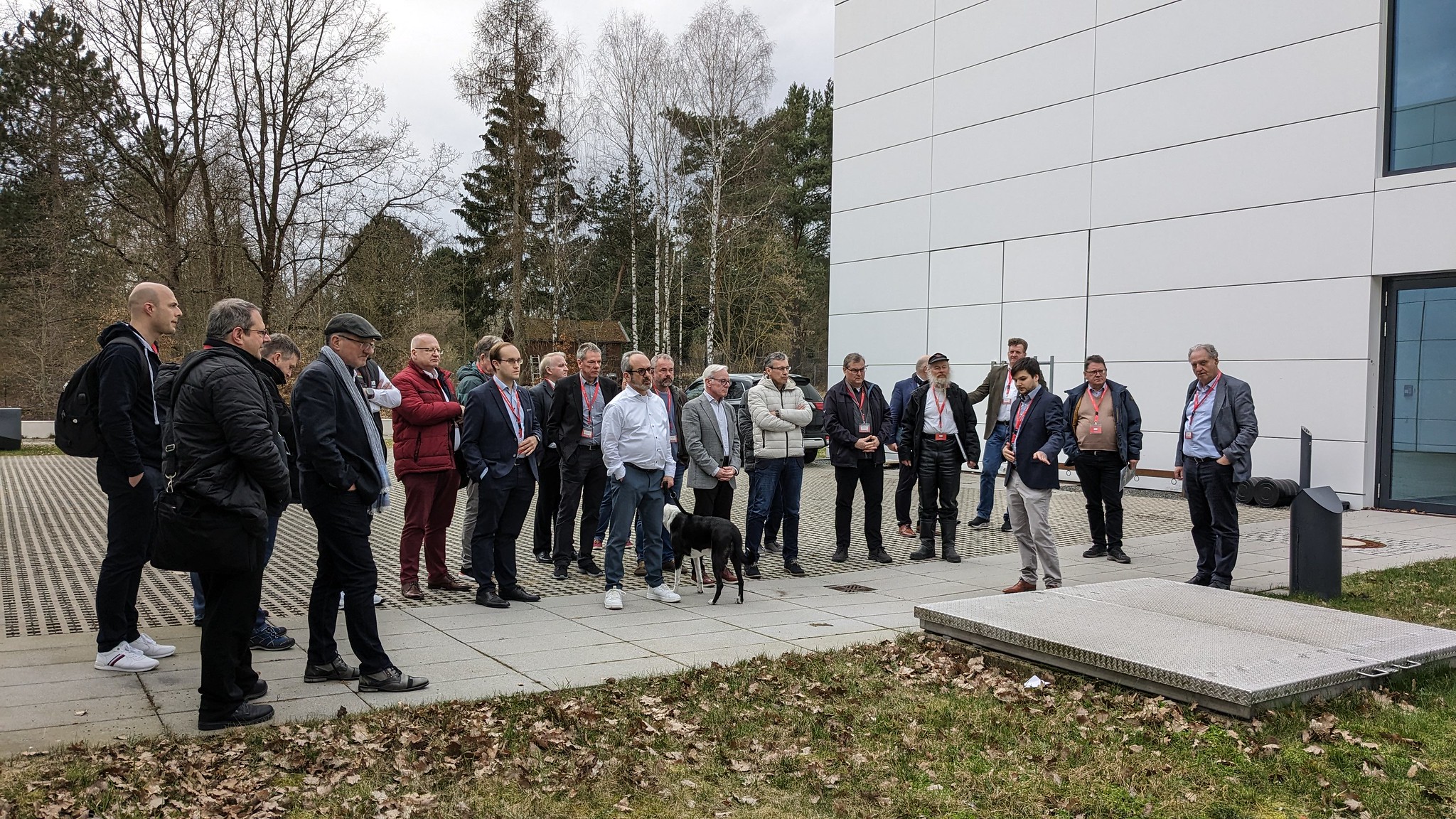
The conference also ventured a look into the future, particularly the use of quantum computers to improve batteries and fuel cells, as outlined by Hartwig Bazanella (VIRZ). Simulations on quantum computers can depict and optimise electrochemical processes in detail. An innovative concept discussed was the conversion of fermions into bosons to generate and store energy at the quantum level. The concept illustrates the potential of innovative energy solutions, such as the combination of quantum physics and thermodynamics. “However, this is still really futuristic,” said Bazzanella, tempering overly optimistic hopes for a practical realisation in the near future.
Ice energy storage at the ZET
The venue was chosen with care, as there is an ice storage facility in operation on the Bayreuth campus. It serves as an object of research, but also fulfils very practical tasks at the ZET. This is used for combined heating and cooling of the research facility and can, for example, store and provide the waste heat generated within the building for office heating.
In their welcoming address to the conference participants, Professor Dieter Brüggemann (ZET and “host”) and Dr Béla Waldhauser pointed out the enormous importance of storage technologies, which are increasingly coming into the focus of a wider audience today. Brüggemann mentioned, for example, the approximately 50 employees at ZET who specialise in energy technology in their work. Marco Griesbach is one of these employees, and, as part of his presentation at the beginning of the conference, he introduced the in-house ice energy storage system.
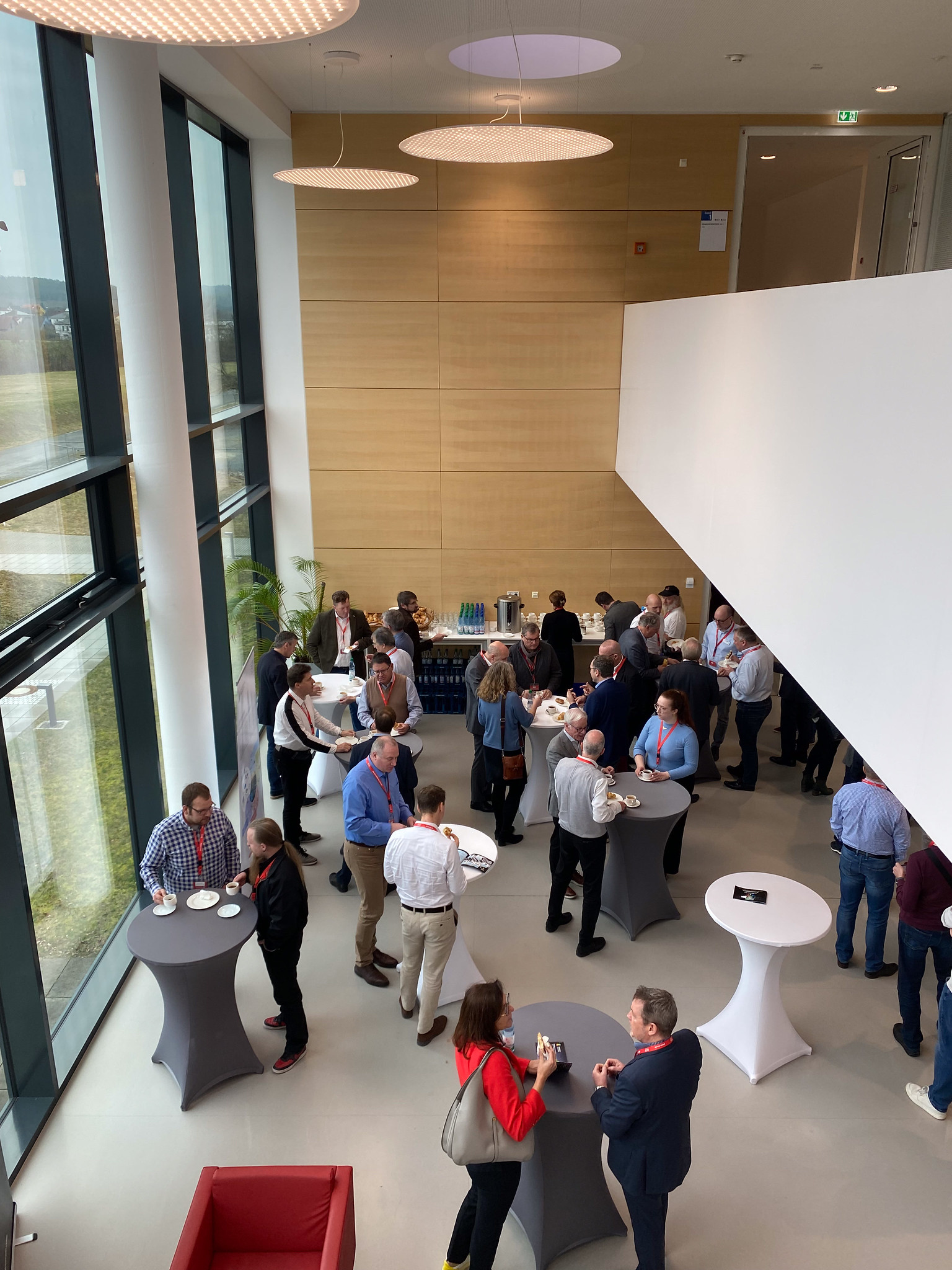
Ideas collected in World Cafés
The discussions during the conference, particularly in the workshops, demonstrated the dynamism of the topic of energy storage. Various perspectives were exchanged, with ideas and impetus for the further development of technology and the design of political framework conditions being discussed. The World Cafés focused specifically on the political framework conditions, innovative technologies, the Energy Efficiency Act and the collaboration of stakeholders. Further events on the topic of energy storage in the context of data centre infrastructure are forthcoming.
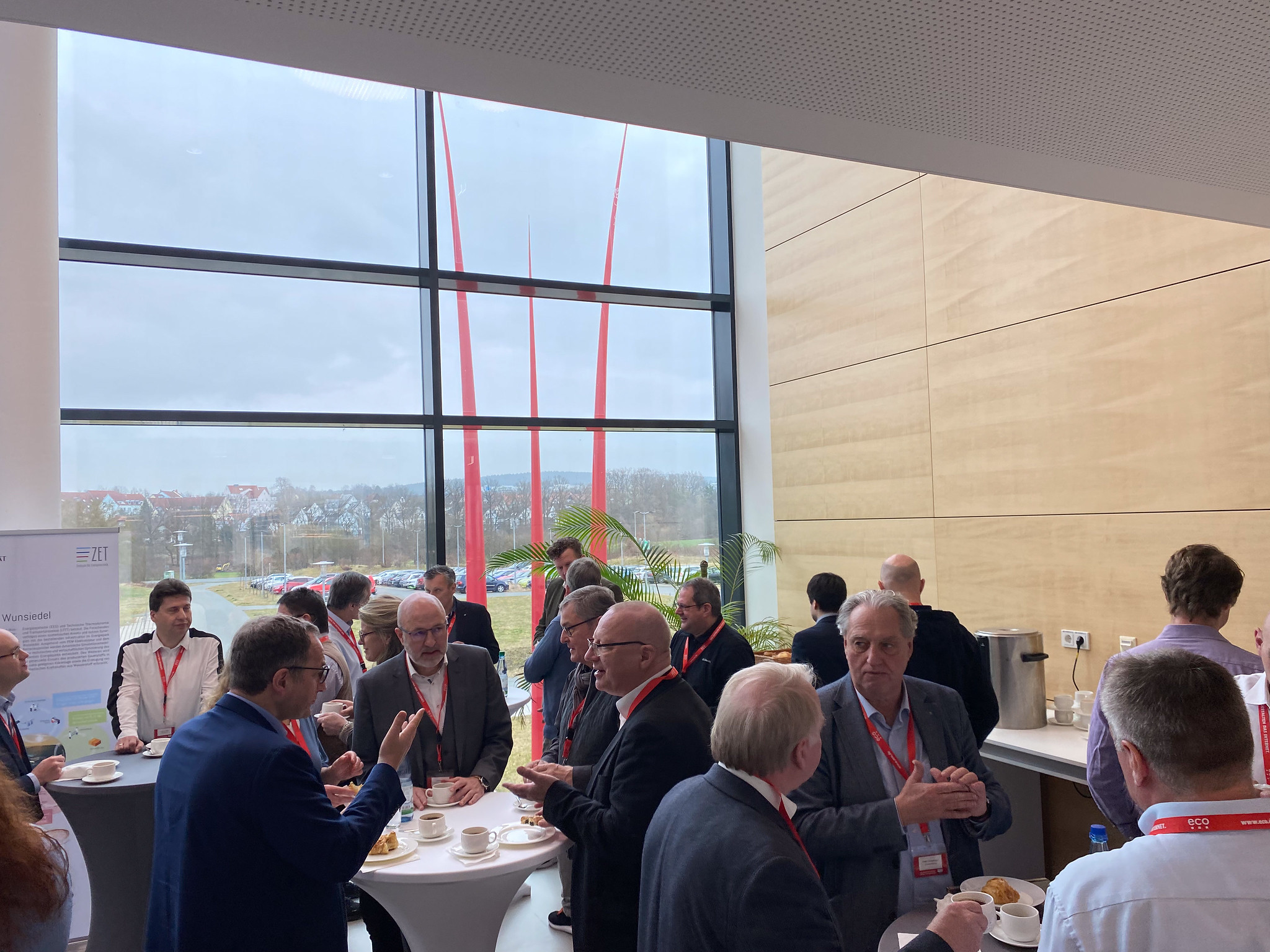
On 15 May 2024, the eco-founded Alliance for the Strengthening of Digital Infrastructures in Germany will get to discuss these questions: “Where will artificial intelligence reside in the future? What consequences will the Energy Efficiency Act, lengthy building permit procedures or high electricity prices have on the future-proofing of Germany as a digital location?” Register now.
